
These 10 remarkable Black women defied barriers and reshaped history—often without the recognition they deserved. Across science, sports, politics, and civil rights, their bold actions and quiet strength helped build a more just future. Their stories continue to inspire and demand to be remembered.
Claudette Colvin
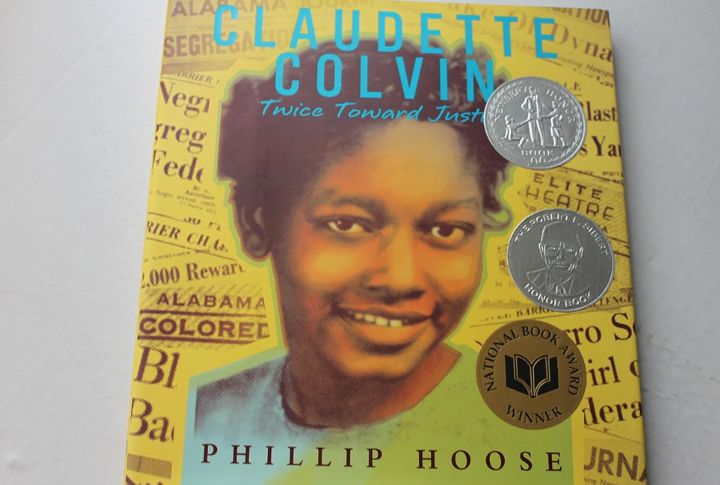
In 1955, 15-year-old Claudette Colvin was arrested for refusing to give up her bus seat. She later became one of the plaintiffs in Browder v. Gayle, the case that ended bus segregation. Yet, Civil rights leaders sidelined her due to her age and pregnancy. Her juvenile record was cleared many years later, cementing her legacy.
Bessie Coleman
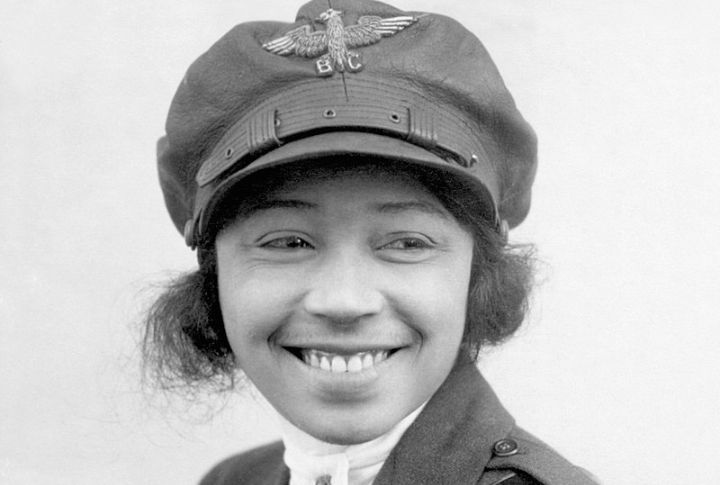
Denied entry to U.S. flight schools, Bessie Coleman learned French and trained in France in 1921, becoming the first Black and Native American woman pilot. Nicknamed “Brave Bessie,” she thrilled crowds with aerial stunts and rejected segregated shows. She dreamed of opening a flight school for Black pilots, but she died before achieving it.
Dr. Rebecca Lee Crumpler

In 1864, Crumpler was the first Black woman in the U.S. to earn an M.D. She treated former slaves in Virginia despite constant racism. One of only 300 women physicians nationwide, she published a rare 1883 medical book, the first by a Black doctor. Sadly, her contributions went unrecognized long after her death.
Ida B. Wells
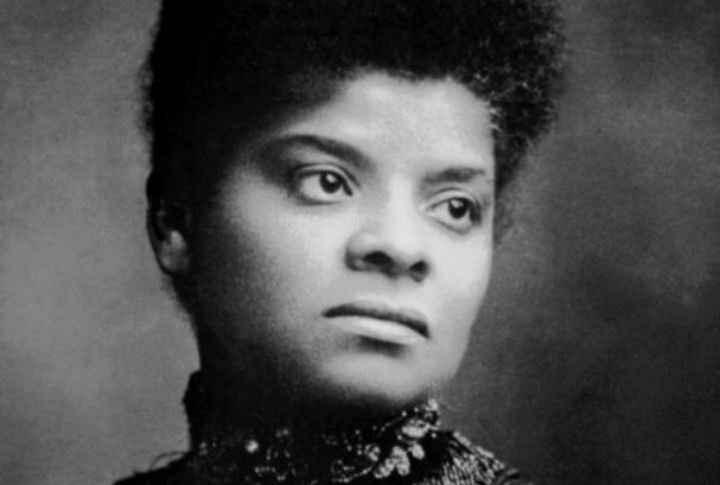
Ida B. Wells bravely exposed lynching in the 1890s through fearless journalism. She co-founded The NAACP in 1909 with W.E.B. Du Bois and others to fight for civil rights and racial justice. Refusing to give up her train seat long before Rosa Parks, she was posthumously awarded a Pulitzer Prize in 2020.
Madam C.J. Walker
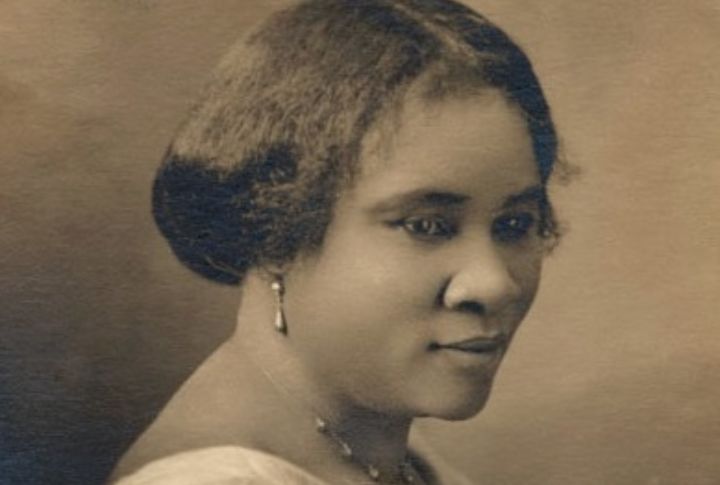
Born to formerly enslaved parents, Madam C.J. Walker created a beauty empire in the early 1900s, becoming the first female self-made millionaire. Traveling by train, she sold her products nationwide, employing over 20,000 women across North America and the Caribbean. Her mansion stood proudly among those of New York’s wealthiest elite.
Dorothy Vaughan
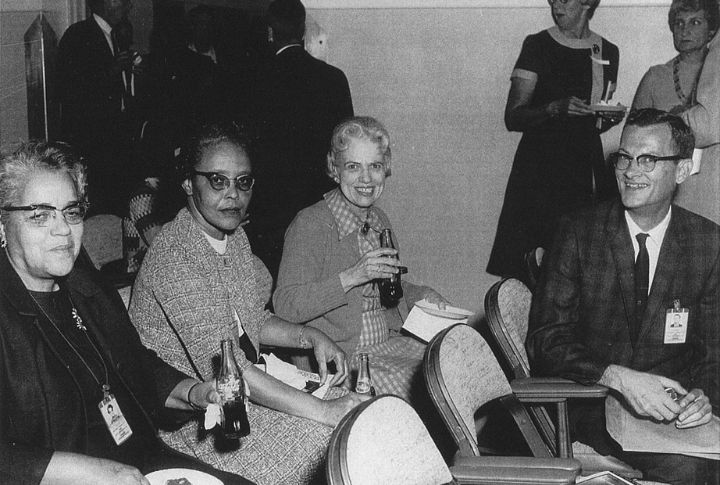
Dorothy Vaughan was NASA’s first African American supervisor, leading the West Area Computing unit of Black women mathematicians. A key figure in the early U.S. space program, she secretly taught herself and her team FORTRAN programming. Portrayed by Octavia Spencer in “Hidden Figures,” Vaughan worked for 28 years without formal recognition until the 2000s.
Althea Gibson
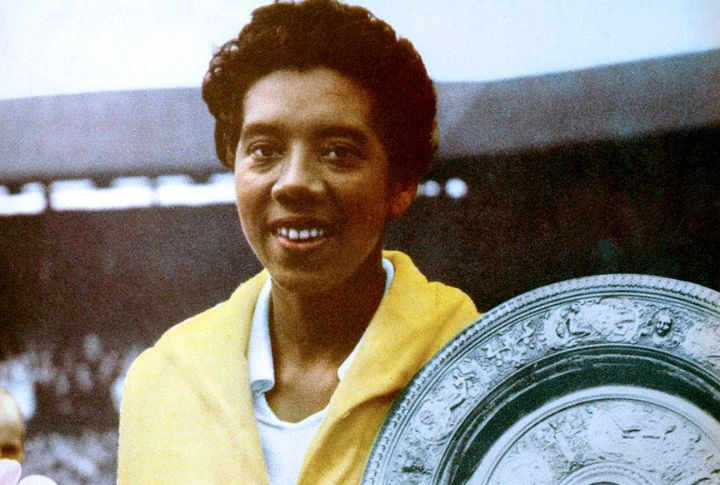
Playing paddle tennis in Harlem, Althea Gibson broke racial barriers in sports. She became the first Black Grand Slam winner in 1956, then won Wimbledon and the U.S. Nationals in 1957 and 1958. Later, she broke ground in pro golf. Despite her fame, she faced financial struggles and faded from the spotlight.
Henrietta Lacks
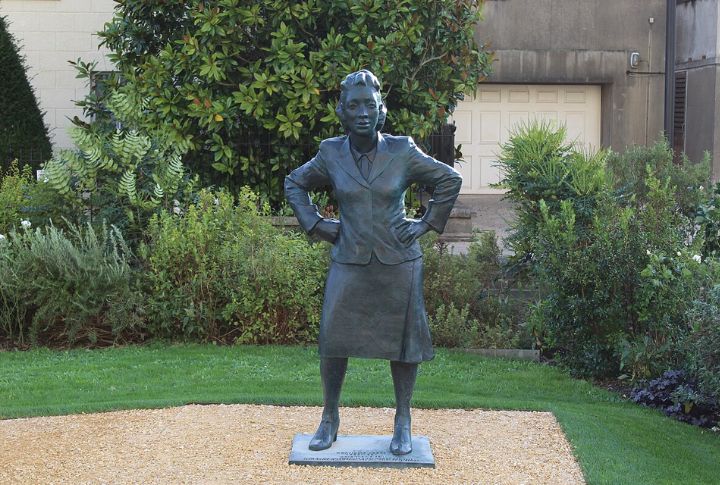
Henrietta Lacks was a Black mother of five who succumbed to cervical cancer in 1951. Her cells, taken without consent, became the first immortal human cell line named HeLa—driving breakthroughs in polio, cancer, IVF, and COVID-19. However, her family wasn’t informed for 20 years, which sparked a global debate over medical ethics and consent.
Mary McLeod Bethune
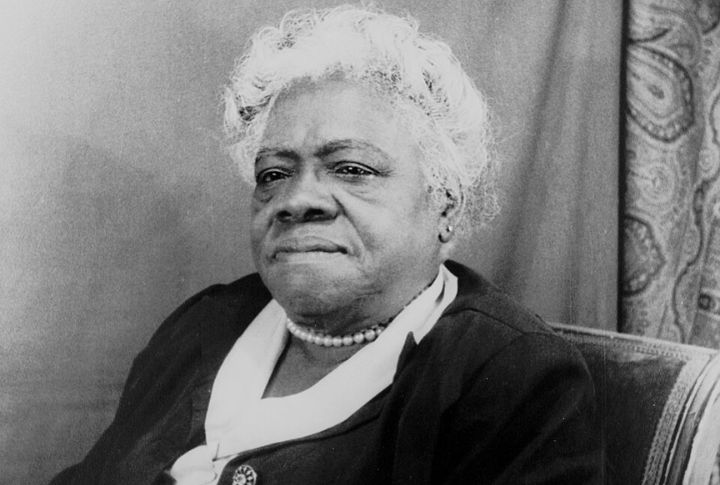
A pioneering educator and activist, Mary McLeod Bethune founded a school for African American girls in 1904, which later evolved into Bethune-Cookman University. She advised President Roosevelt and founded the National Council of Negro Women. Her legacy was cemented with the first statue of a Black American in the Capitol’s National Statuary Hall.
Fannie Lou Hamer
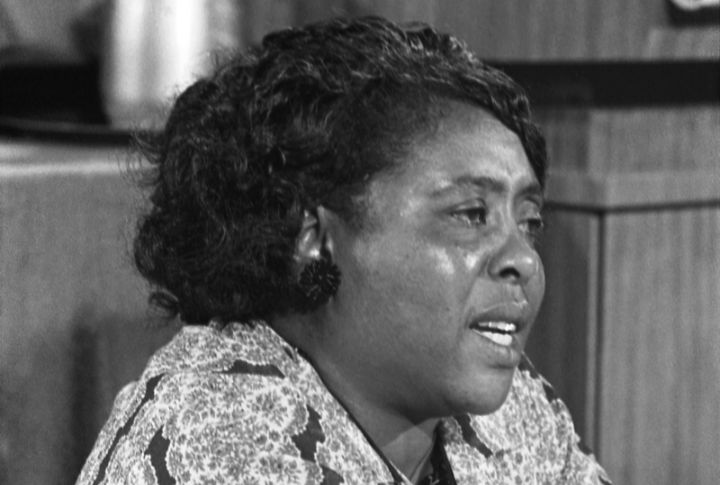
Fannie Lou Hamer challenged all-white delegations at the 1964 Democratic Convention. A fearless voting rights activist, she registered to vote despite suppression. Hamer survived a brutal jailhouse beating and lived with lasting injuries. Her powerful words, “I’m sick and tired of being sick and tired,” still echo.

Comments
Loading…